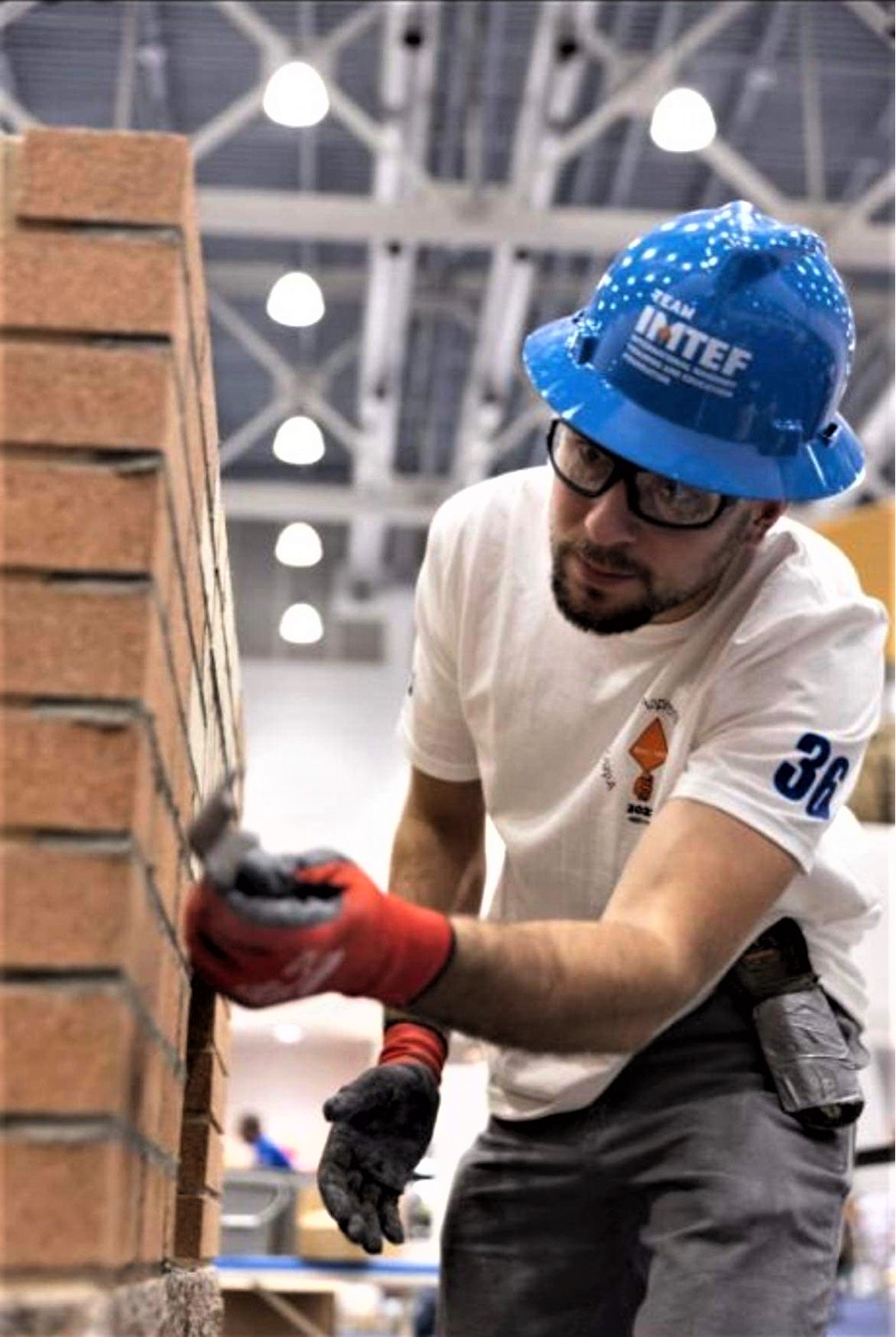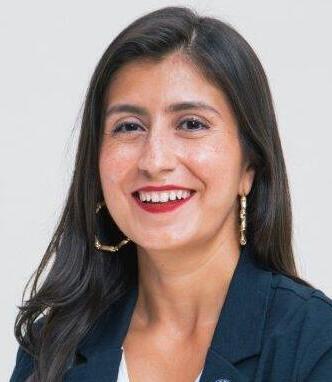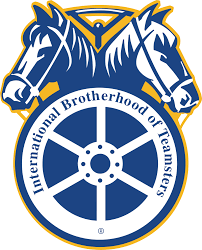New York, NY — Members of the BAC Local 1 NY have built and restored some of the most iconic buildings in New York City and Long Island, including the Empire State Building, the Cathedral of St. John the Divine, the Chrysler Building, the Metropolitan Museum of Art, Grand Central Terminal, Yankee Stadium, Citi Field and the World Trade Center Memorial. They continue to build as their predecessors did – laying block and brick, setting stone, plastering, pointing, caulking and cleaning – with individual units of material, piece by piece, to create a tight, masterful and lasting structure.
Outstanding Apprentice of the Year for the PCC/Local 1 (Plain Cement Concrete) Jakub Bialas is now part of this proud tradition. His journey has been long, but he has finally found his calling, and with the help of his training program, is on his way to a long and fulfilling career.
LaborPress learned about what it took for him to arrive at where he is now.
LP: How old are you and where did you grow up?
JB: I’m 31 years old. I was born in Poland where I lived for the first half of my life, another half I spent in Brooklyn.
LP: At what age did you first become interested in the trade?
JB: Masonry restoration is a very recent passion for me. I had been working on various construction jobs throughout my twenties, but it was when I finally got put on the scaffold and went up high in the air that I realized that this is the job for me.
LP: How did you become aware of its existence – i.e. through a friend or family member?
JB: My best friend had been working in the field and after a while I thought – why not give it a shot myself.
LP: Did you know anyone in a union?
JB: It was my friend who let me know that BAC Local 1 was about to give entrance exams, and I decided to take it.
LP: Did wanting to be in a union influence you to enter a trade? If so, what were you hoping to gain?
JB: My father, who had been working construction for his entire life, had told me as soon as I came to the US, that if I want to work in the field as well, I have to make sure to become part of a union. Having experienced non-union jobs made me realize that I don’t want to be exploited for the rest of my working life.
LP: What does your craft consist of?
JB: Being Pointer, Cleaner and Caulker in NY goes far beyond the description given in those three words. We are rigging up scaffolds, doing demolition, waterproofing, bricklaying, replacing and patching stones, repairing concrete, caulking windows and much more. As much as this job is physical, it also requires a lot of finesse, skill and technical knowledge.
LP: Why did you choose this particular aspect to focus on?
JB: I believe that being really good in only one thing is very limiting, especially in this field. In order to work with confidence, it is necessary to be well rounded and proficient in all aspects of the trade.
LP: What skills have you employed in your jobs? What exactly did you do?
JB: I had been very lucky to work on multiple different projects that each required a different set of skills that I could learn such as: being part of the rigging team job where I had been setting up suspended scaffolds, doing full demolition, waterproofing and replacement of compromised brick walls, and repairing cracked walls by patching and bricking them up.
LP: What job are you working on now?
JB: Currently we are doing crack repairs and brick replacements at a hospital in Manhattan.
LP: What was your experience like in the training program?
JB: I believe we have an outstanding training program. Our school has all the tools and resources we need to practice. Our instructors help us at every step of the way, they pay attention to the way we work and help us address any mistakes, offer advice and are always open to questions. I had been fortunate to have been selected to represent BAC Local 1 NY along with few of my fellow apprentices, at the BAC International Apprentice Contest in Boston where I placed 3rd. This was a great opportunity because of the preparations and training required to compete; it really allowed me to exponentially improve my skills and confidence with the trade.
LP: Why do you think you were chosen as Outstanding Apprentice of the Year?
JB: I believe that in the past year I put a lot of work, time and effort into getting better in my trade. I think I have improved tremendously and because of that I was able to place at the International Apprentice contest while going against the very best in my field in the country.
LP: What would you say to anyone thinking of learning the trade?
JB: I would say that there is no substitute for hard work. At work, focus on task at hand, watch and learn from journeymen, and do your best, then regularly show up in the training center afterwards and practice. I found this is the only way to get better.







